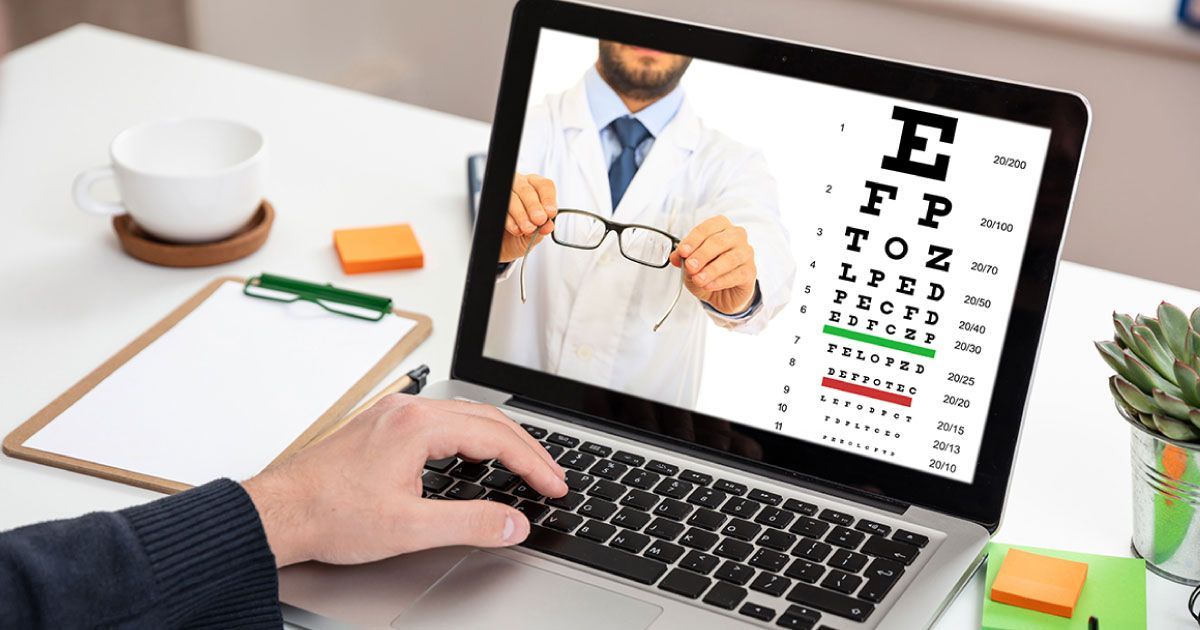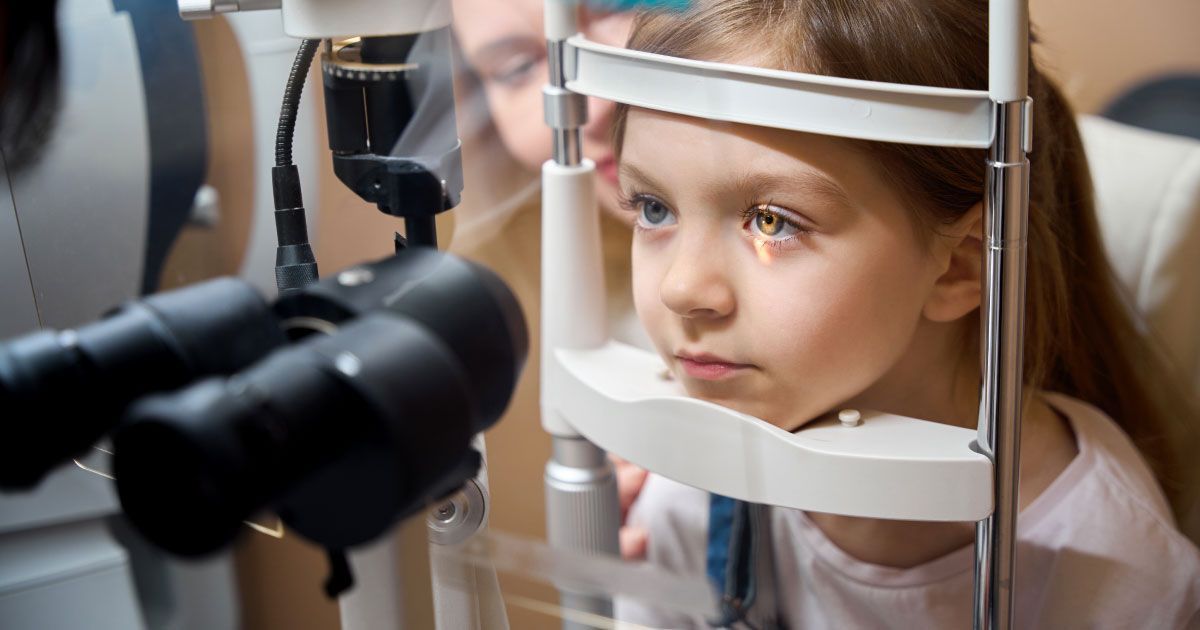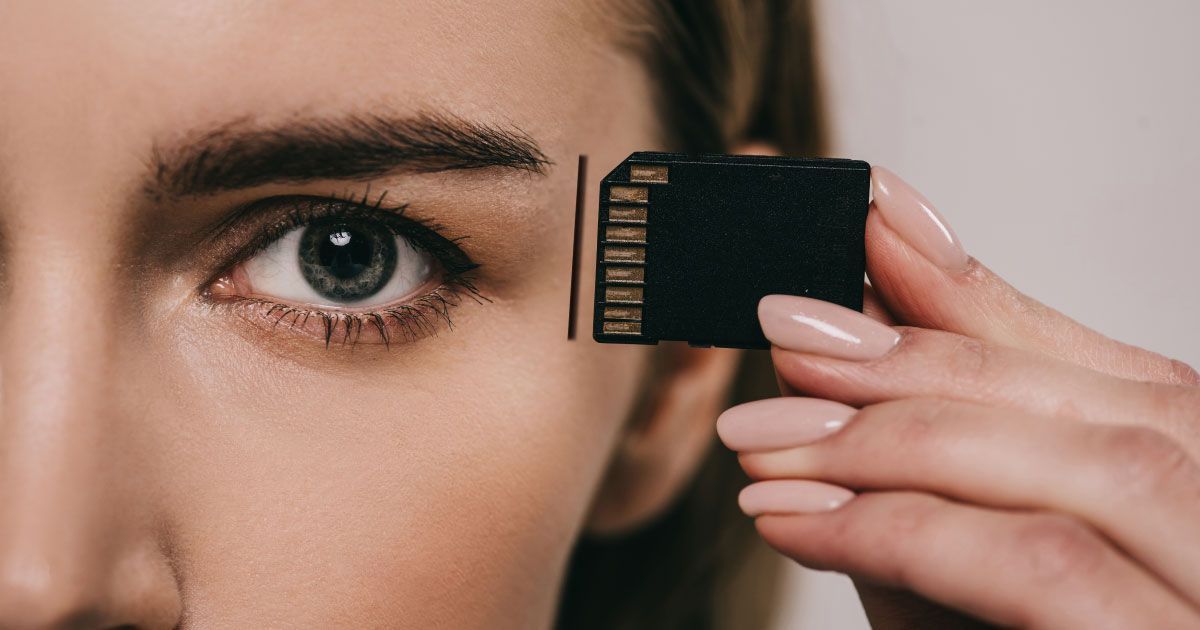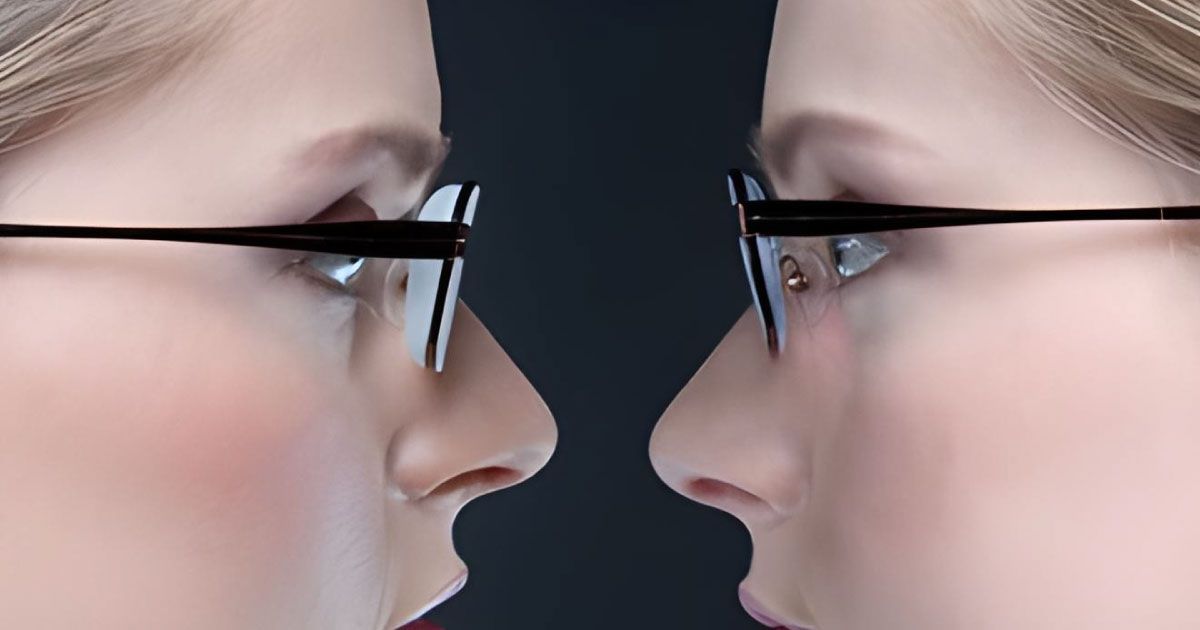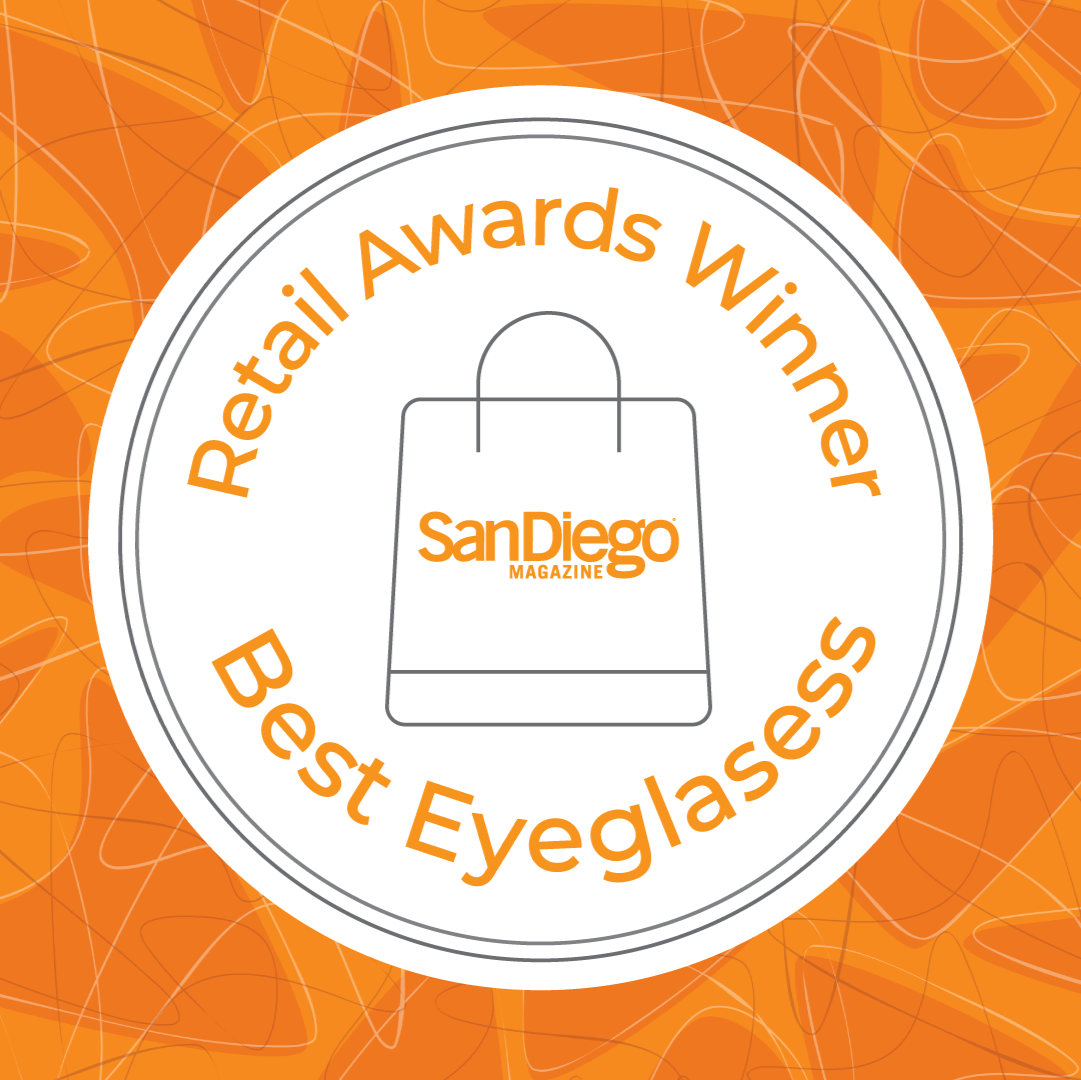Vitamins for Your Eyes: See the Benefits
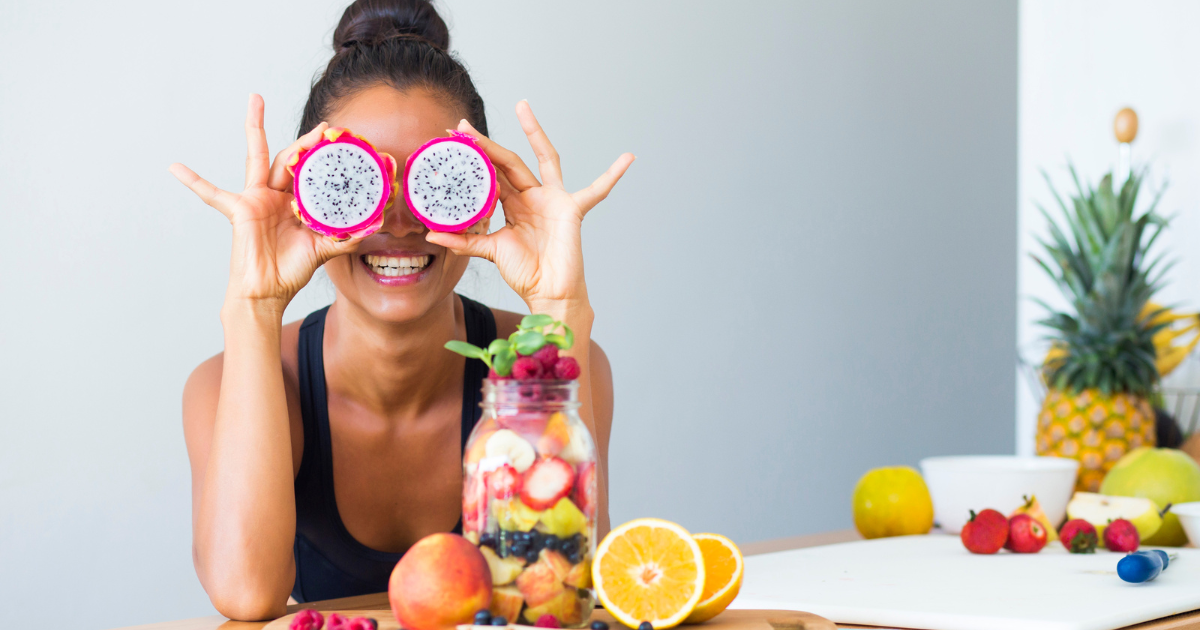
Read time: 7 minutes
Our eyes are one of our most vital organs, allowing us to experience the world in all its beauty and detail. Just like the rest of our body, our eyes need proper nutrition to function optimally and stay healthy over time. Vitamins and minerals play a crucial role in maintaining eye health, enhancing vision, and preventing various eye conditions. In this blog, we'll explore the key benefits of vitamins for your eyes, identify the best vitamins and foods for eye health, and offer guidance on how to ensure you're getting the nutrients your eyes need.
The Benefits of Vitamins for Your Eyes
Proper nutrition is essential for maintaining healthy vision and protecting against eye diseases. Your eyes require specific vitamins and minerals to function optimally and stay healthy. Vitamins and minerals contribute to eye health in several ways:
- Improved Vision: Certain vitamins help enhance your vision, especially in low-light conditions.
- Protection from Free Radicals: Antioxidant vitamins protect your eyes from damage caused by free radicals.
- Reduced Risk of Eye Diseases: Vitamins can help reduce the risk of age-related eye diseases such as cataracts and macular degeneration.
- Eye Health Maintenance: Regular intake of essential vitamins supports overall eye health and prevents various eye conditions.
What Vitamins Are Good for Your Eyes?
Several vitamins and minerals are particularly beneficial for eye health. Ensuring you get enough of these nutrients can help maintain good vision, reduce the risk of eye diseases, and improve overall eye health. These include:
- Vitamin A: Essential for good vision, particularly in low light. Vitamin A helps maintain the health of the retina, which is responsible for detecting light and sending signals to the brain. It also plays a role in producing tears, which keep your eyes lubricated and prevent dryness. Vitamin A also helps maintain the health of the cornea, the eye's outer layer. It also supports the immune system, helping to prevent infections that could harm your eyes.
- Vitamin C: An antioxidant that helps protect your eyes from damage caused by free radicals. Vitamin C is crucial for the health of the blood vessels in your eyes and can reduce the risk of developing cataracts. It also works with other antioxidants to protect your eyes from oxidative damage.
- Vitamin D: While best known for its role in bone health, vitamin D also supports eye health by reducing the risk of macular degeneration and dry eye syndrome.
- Vitamin E: Another powerful antioxidant, vitamin E helps protect your eyes from oxidative stress and damage caused by ultraviolet (UV) rays from the sun. It also plays a role in preventing age-related macular degeneration (AMD) and reduces the risk of cataracts.
- Lutein and Zeaxanthin: These carotenoids are found in high concentrations in the retina. They help filter harmful blue light and protect against AMD and cataracts.
- Omega-3 Fatty Acids: While not a vitamin, omega-3s are essential for maintaining the health of the retinal cells and can help prevent dry eye syndrome and reduce the risk of AMD.
- Zinc: This mineral is vital for maintaining the health of the retina and helps your body absorb vitamin A. Zinc also plays a role in reducing the risk of AMD and night blindness.
What Are the Best Foods for Your Eyes?
Eating a diet rich in the right nutrients is one of the best ways to support your eye health. Incorporating these foods into your diet can help ensure your eyes receive the nutrients they need to stay healthy. Some of the best foods for your eyes include:
- Leafy Greens: Spinach, kale, and collard greens are high in lutein and zeaxanthin, which protect against AMD and cataracts.
- Carrots: Rich in beta-carotene, a precursor to vitamin A, carrots are well-known for their eye health benefits, particularly in maintaining good night vision.
- Citrus Fruits: Oranges, grapefruits, and other citrus fruits are high in vitamin C, which helps protect your eyes from oxidative stress and reduce the risk of cataracts.
- Fish: Fatty fish like salmon, tuna, and mackerel are excellent sources of omega-3 fatty acids, which support retinal health and help prevent dry eye syndrome.
- Eggs: Eggs are a good source of lutein, zeaxanthin, vitamin A, and zinc, all of which contribute to eye health.
- Nuts and Seeds: Almonds, walnuts, and flaxseeds are rich in vitamin E and omega-3 fatty acids, offering protection against AMD and dry eyes.
- Beans and Legumes: These are good sources of antioxidant vitamins and zinc, which help protect the retina and reduces the risk of night blindness.
- Dark Chocolate: Dark chocolate contains flavonoids that help improve blood flow to the retina and protect against cataracts and AMD.
How Can You Get the Recommended Amount of Vitamins for Your Eyes?
To ensure you're getting the right amount of vitamins for your eyes, you can:
- Eat a Balanced Diet: Focus on a diet rich in fruits, vegetables, fish, nuts, and seeds to provide your body with the essential vitamins and minerals needed for eye health.
- Take Supplements: If you have dietary restrictions or find it challenging to get enough vitamins through food alone, consider taking supplements. A multivitamin that includes vitamins A, C, E, and D, as well as omega-3 fatty acids, lutein, and zeaxanthin, can help fill any nutritional gaps.
- Use Fortified Foods: Some foods, like cereals and dairy products, are fortified with vitamins and minerals, making it easier to get the nutrients you need.
What Are the Signs of Vitamin Deficiency in Your Eyes?
Vitamin deficiencies can lead to several eye-related symptoms and conditions. If you experience any of the following symptoms, it’s important to consult an eye care professional:
- Night Blindness: A deficiency in vitamin A can cause difficulty seeing in low light, known as night blindness.
- Dry Eyes: Lack of vitamin A can also lead to dry itchy eyes, reduced tear production, eye irritation, and increased risk of eye infections.
- Blurry Vision: Vitamin D deficiency can result in poor vision and dry eyes, while a lack of vitamin E can affect your ability to see clearly.
- Inflamed Eyes: Vitamin C deficiency can lead to dry and inflamed eyes, known as xerophthalmia.
- Corneal Ulcers: Severe vitamin A deficiency can lead to corneal ulcers, which are painful sores on the cornea that can result in vision loss if untreated.
When Should You See an Eye Doctor?
Regular eye exams are crucial for maintaining good vision and eye health. Regular check-ups can help detect and treat eye issues early, preventing further complications.You should see an eye doctor if:
- You experience any sudden changes in your vision, such as blurriness, double vision, or loss of vision.
- You have symptoms like dry eyes, irritation, or eye pain.
- You have a family history of eye disease.
- You are over the age of 40, as age-related eye conditions become more common.
- You are a smoker, as smoking increases the risk of cataracts, AMD, and other eye problems.
How Can You Protect Your Eyesight?
Protecting your eyesight is essential for maintaining quality of life as you age. By incorporating these habits into your daily routine, you can help preserve your vision and enjoy good eye health for years to come.Here are some steps you can take to keep your eyes healthy:
- Wear Sunglasses: UV rays from the sun can damage your eyes, increasing the risk of cataracts and AMD. Always wear sunglasses with UV protection when outdoors.
- Quit Smoking: Smoking is a significant risk factor for eye diseases, including cataracts and AMD. Quitting smoking can help protect your vision and support eye health
- Eat a Healthy Diet: A diet rich in fruits, vegetables, fish, and nuts can help reduce the risk of eye diseases and maintain good vision.
- Exercise Regularly: Regular exercise can reduce the risk of glaucoma and other eye conditions.
- Wear Protective Eyewear: If you engage in activities that could injure your eyes, such as sports or working with hazardous materials, always wear protective eyewear.
- Get Regular Eye Exams: Regular comprehensive eye exams can detect problems early, allowing for more effective treatment and better outcomes.
The Takeaway
Vitamins play a crucial role in maintaining healthy vision and preventing eye diseases. By eating a balanced diet rich in eye-healthy foods and taking supplements if necessary, you can ensure your eyes get the nutrients they need to stay strong and clear. Regular eye exams and protective measures can further safeguard your vision, allowing you to see the world clearly for a lifetime.
Share this blog post on social or with a friend:
The information provided in this article is intended for general knowledge and educational purposes only and should not be construed as medical advice. It is strongly recommended to consult with an eye care professional for personalized recommendations and guidance regarding your individual needs and eye health concerns.
All of Urban Optiks Optometry's blog posts and articles contain information carefully curated from openly sourced materials available in the public domain. We strive to ensure the accuracy and relevance of the information provided. For a comprehensive understanding of our practices and to read our full disclosure statement, please click here.







